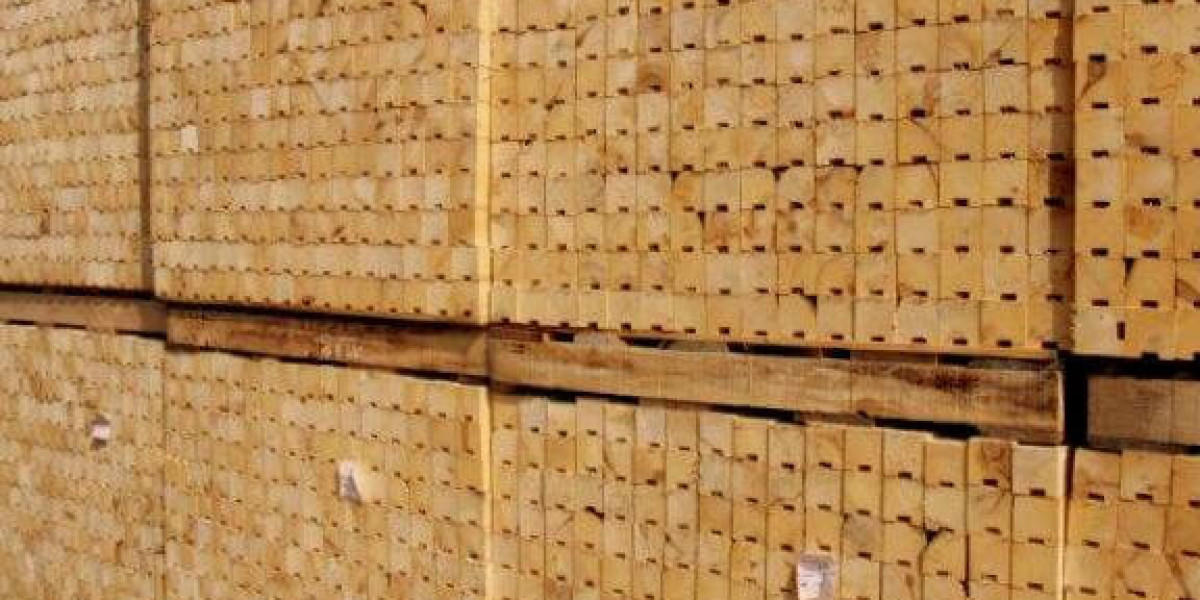When it comes to ensuring that products arrive at their intended destination unscathed, companies tend to forget one very important aspect: dunnage wood. It's not the most exciting aspect of shipping and storage, but dunnage wood is the key to ensuring that products are not damaged in transit. If you work in shipping or simply stock materials in your warehouse, learning how dunnage wood can ensure that your products are safe will save you money and time.
What is Dunnage Wood?
Dunnage wood is used to protect goods during transportation and storage. It's typically a wooden platform, block, or piece of wood placed between, around, or beneath cargo to secure and prevent it from shifting. Dunnage wood is commonly used in industries that ship fragile, heavy, or irregularly shaped items, such as construction materials, electronics, and even food products.
Although some companies employ foam, plastic, or inflatable air cushions as dunnage material, dunnage wood is still popular for many because it is cost-effective, reliable, and environmentally friendly. It can be used repeatedly, and its durability provides better protection, particularly for heavier objects.
Advantages of Dunnage Wood for Shipping
1. Damage Protection
One of the most important reasons companies select dunnage wood is that it can cushion and shield merchandise when transported. Merchandise such as electronics, glass products, equipment, or anything sensitive can be harmed if it isn't secured properly. Dunnage wood serves as a buffer that insulates items against shock, preventing them from shifting around and being broken or damaged in some other way.
This protection level is especially necessary in fields where products are delicate or valuable. For instance, if you're transporting pricey machinery or valuable collectibles, dunnage wood can protect you from expensive repairs or replacements.
2. Transport Stability
Dunnage wood is very adaptable when it comes to stabilizing cargo. It can be applied to form a firm foundation, keep things from sliding, and ensure they remain in position in transit. It is especially essential for products transported over long distances or in rugged conditions. Dunnage wood ensures your cargo is kept stable and will not move around within the shipping container or truck. It minimizes the chances of damage as a result of jostling, bumping, or jerking.
3. Cost-Effective Solution
In contrast to other options, such as foam or plastic, dunnage wood is a relatively inexpensive material. It's particularly useful for companies with a tight budget or regularly needing large quantities of dunnage material. In addition, most companies discover that dunnage wood provides a greater return on investment because it can be reused several times as long as it is well-maintained.
Also, since it's a natural product, dunnage wood is usually cheaper than man-made alternatives. The cost savings can add up very quickly for companies with high shipping volume.
Conclusion
While in the shipping and storage industry, dunnage wood is not necessarily the center of attention; it is one of the main players in helping to safeguard important commodities. Due to its effectiveness in stabilizing, cushioning, and helping to avoid damage, dunnage wood becomes a must-have material for businesses across industries. Whether shipping precious products or bolting down big equipment, dunnage wood is an inexpensive, long-lasting, and environmentally friendly solution. By selecting the appropriate type and properly maintaining it, you can guarantee that your goods reach their intended destination in good shape and with no mishaps.








